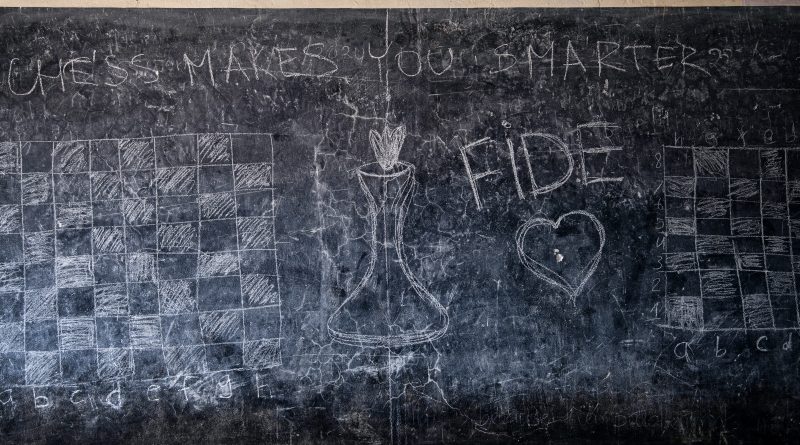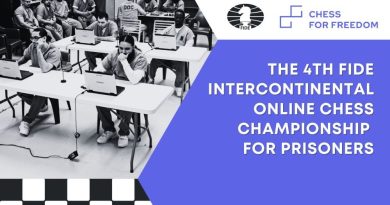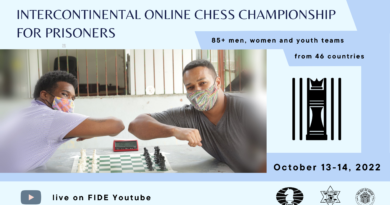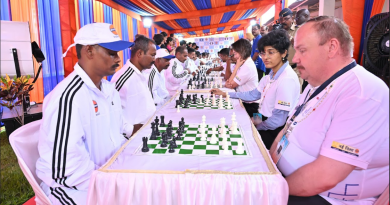Social Chess and its unlimited possibilities
The FIDE Social Commission runs projects worldwide that take chess beyond the competitive level. These are projects that aim to make life easier for disadvantaged groups in our society and help them to improve their lives. In recent years, the Commission has focused on offering chess programs for prisoners, refugees and autistic people with its successful projects “Chess for Freedom”, “Chess for Protection” and “Infinite Chess”. In the area of prison chess, FIDE received the prestigious Anthem Award in January 2024. A small, highly committed team is facing huge potential. I am personally convinced that social chess has unimagined potential in society. This is our challenge and that of our partners. We can count on great support from the FIDE leadership and from partner organizations worldwide, including UNHCR. There are many studies that prove that chess has a positive influence on people. I dare say that everyone can benefit from playing chess, for example in the area of stress management. This means that we should not only offer chess to older people, people with addictions, people in refugee camps, prisons or slums, but also f.e. to stressed managers. An exciting therapy project in a psychiatric clinic in Basel shows that chess is extremely effective for people addicted to the internet or drugs in combination with other treatment methods. The insights gained there can also be applied to other social groups. At the upcoming prison conference in Pune (India), I will report on this project in detail and show what prospects this treatment model could have for social chess. As an economist, I will also look into the question of how chess could be marketed in a social sense. The FIDE Social Commission will report on social chess projects around the world and will try to use the scientific findings for the benefit of all social groups in our society.
Sincerely,
André Vögtlin
Chairman of FIDE Social Commission




